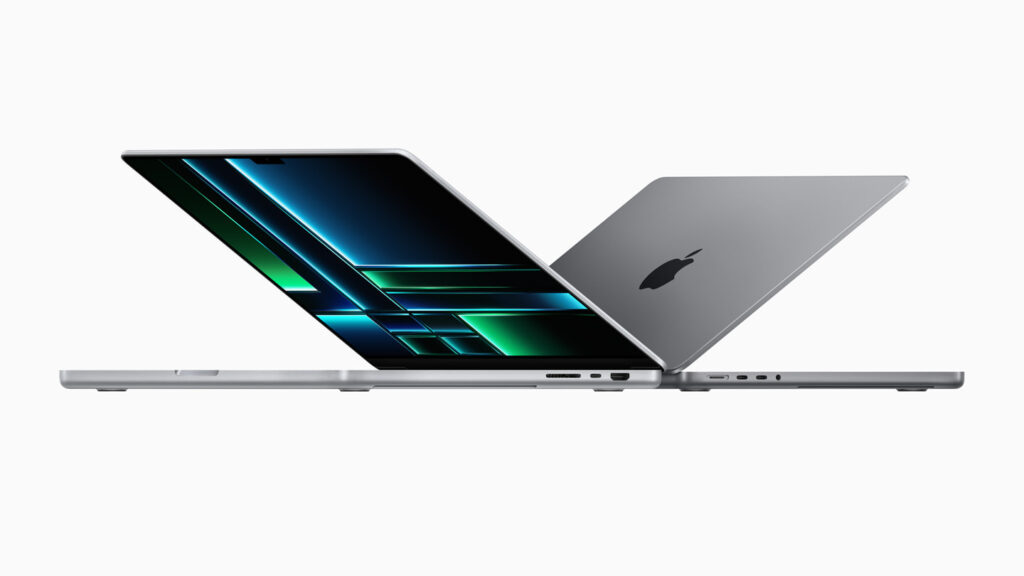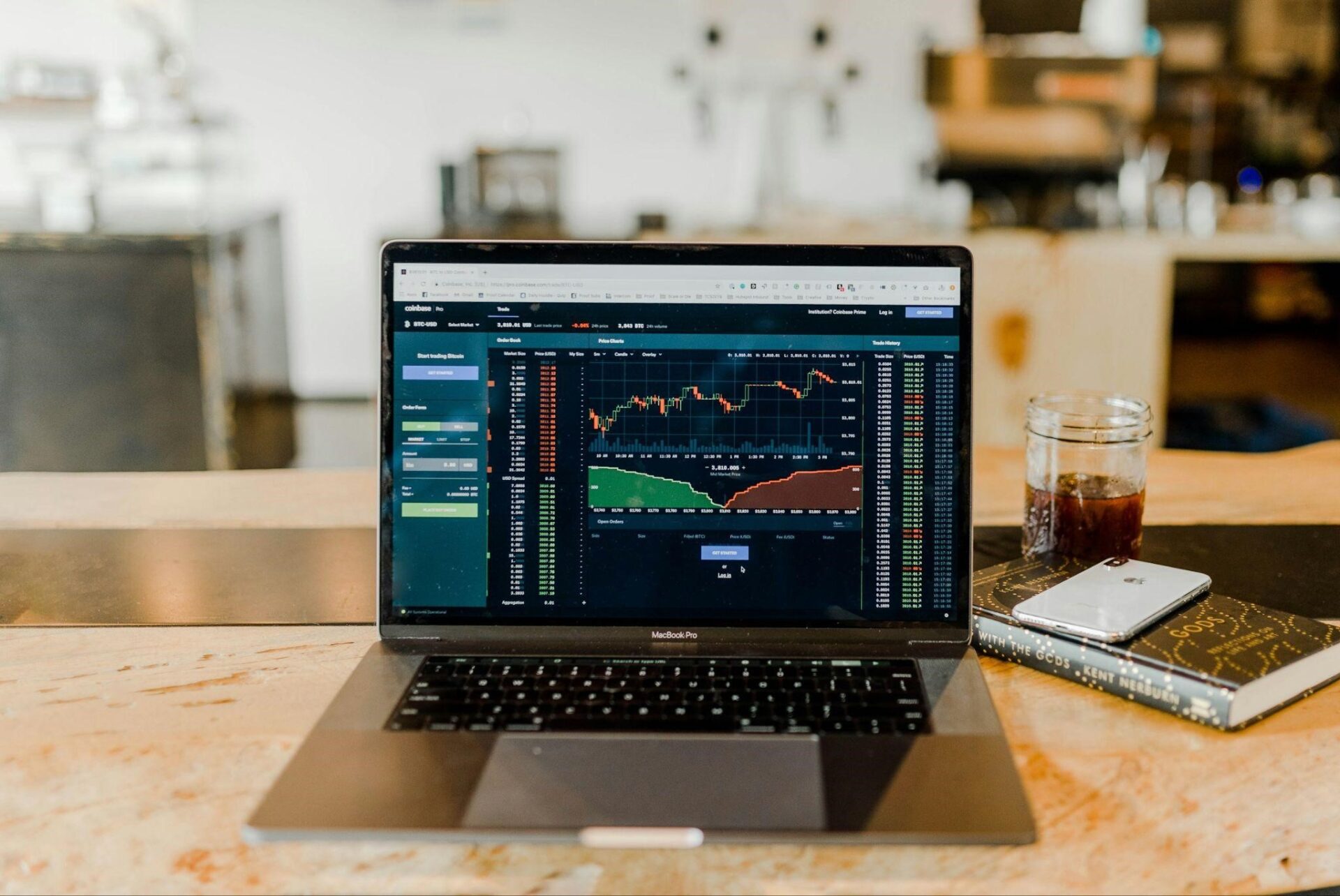Are you a college student diving into the world of stock trading? Whether you’re studying finance or business or just have a keen interest in the stock market, having the right laptop is crucial. With a plethora of options on the market, selecting the ideal laptop for stock trading can seem overwhelming. You need a machine that’s fast, reliable, and equipped with the features necessary for trading success.
As you juggle school assignments and homework, finding the time to research the perfect laptop can be challenging. Fortunately, you’re not on this journey alone. If you ever feel overwhelmed with your workload, consider a paper writing service that can write my argumentative essay. This can free up time for you to focus on learning and finding the right tools for your trading needs.
Key Features to Look for in a Trading Laptop
In your quest for the perfect stock trading laptop, certain key features stand out that can drastically enhance your trading experience. Here are the essential ones:
Processor Speed
A fast processor is essential for running multiple applications simultaneously without lag. Stock trading often involves running trading platforms, charting software, and web browsers at the same time. Seek out laptops that feature at least an Intel Core i5 or AMD Ryzen 5 processor. For superior performance, consider models equipped with an Intel Core i7 or Ryzen 7.
RAM and Storage
RAM (Random Access Memory) is pivotal in determining both the speed and efficiency of your laptop. For stock trading, you should aim for at least 8GB of RAM. However, 16GB or more is preferable for seamless multitasking. Regarding storage, SSDs (Solid State Drives) provide quicker and more reliable performance than traditional HDDs (Hard Disk Drives). Ideally, look for an SSD with a minimum of 256GB of storage, though more is preferable.
Display Quality
A superior display is crucial for the clear visualization of charts and data. Choose a laptop with at least a Full HD (1920×1080) resolution. Larger screens, such as 15 inches or more, provide a better viewing experience. But you need to make sure the laptop remains portable enough for your needs. Additionally, consider a laptop with a matte screen to reduce glare during long trading sessions. If you’re shopping on a budget or planning to upgrade, Black Friday laptop deals offer a fantastic opportunity to grab high-performance devices at discounted prices.
Top Recommendations for Stock Trading Laptops
Here are our top recommendations for the best laptops for stock trading, suited to various budgets and preferences:
High-End Option: MacBook Pro

The MacBook Pro is a top choice for traders who prioritize performance and reliability. Equipped with a robust M1 chip, an exceptional display, and extended battery life, it’s perfectly suited for intensive trading. The Retina display delivers exceptional clarity, aiding in the detailed analysis of charts and data. Although pricey, its performance and construction justify the investment.
Mid-Range Option: Dell XPS 15
The Dell XPS 15 strikes a perfect balance between performance and price. This model is powered by an Intel Core i7 processor, includes 16GB of RAM, and features a swift SSD, making it optimal for stock trading. The 15.6-inch 4K display provides excellent visuals, and its sleek design makes it highly portable. This laptop offers great value for its price, ensuring you get top-notch performance without breaking the bank.
Budget Option: ASUS VivoBook
If you are in search of the best budget laptop for stock trading, the ASUS VivoBook is a standout choice. It comes equipped with an AMD Ryzen 5 processor, 8GB of RAM, and a 512GB SSD, ensuring robust performance for trading activities. Its Full HD display is crisp and vibrant, and its lightweight build enhances portability. This laptop proves that you don’t need to spend a fortune to get a reliable trading machine.
Additional Considerations
Apart from the main features, there are a few additional aspects to consider when choosing the best laptop for stock trading:
Battery Life
Extended battery life is vital, particularly if you plan to trade on the move. Opt for laptops that provide at least 8-10 hours of battery life to avoid frequent recharges. This feature is especially important for students who might need to trade between classes or during study sessions.
Portability
As a student, it’s essential to have a laptop that’s convenient to transport around campus. While larger screens are beneficial for trading, make sure the laptop remains portable enough for your needs. Ultrabooks and lightweight laptops are great options for those who value portability.
Connectivity
Good connectivity options are essential for stock trading. Ensure your laptop has multiple USB ports, an HDMI output for connecting to external monitors, and a reliable Wi-Fi adapter. Some laptops also come with Ethernet ports for a more stable internet connection, which can be beneficial during critical trading moments.
Conclusion..
Choosing the best laptop for stock trading involves considering several key features, from processor speed and RAM to display quality and portability. Whether you’re looking for a high-end option like the MacBook Pro, a mid-range powerhouse like the Dell XPS 15, or the best budget laptop for trading like the ASUS VivoBook, there’s a perfect laptop out there for you.
Keep in mind that the right laptop can greatly influence your trading performance. Investing in a good trading laptop will not only enhance your trading experience but also help you manage your college assignments and homework more efficiently. Take the time to research and choose wisely, and you’ll be well on your way to becoming a successful stock trader. Happy trading!
Author Profile
Content Writer Nicole Hardy is celebrated for her detailed and thoughtful journalism within the realms of education and the arts, with a special emphasis on performing arts education. Over the course of her decade-long career, Hardy has earned a reputation as a trusted expert in her field. Her writing is marked by thorough analysis and a captivating style of storytelling. She earned her Master’s degree in Journalism from the University of Arts, with a focus on arts and culture journalism.
To read more content like this, explore The Brand Hopper
Subscribe to our newsletter
Go to the full page to view and submit the form.


